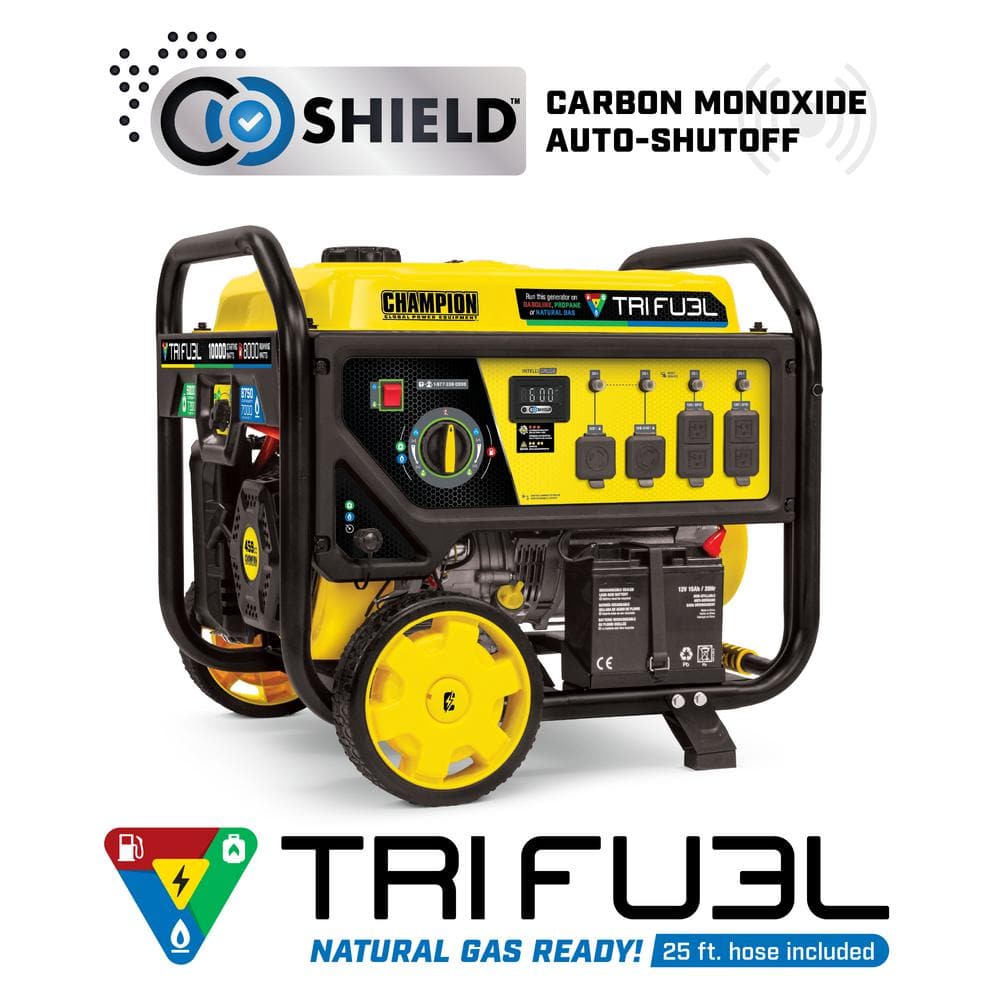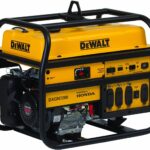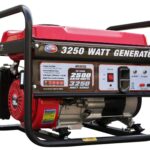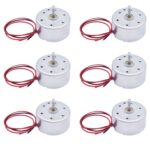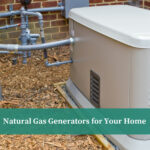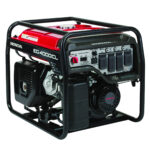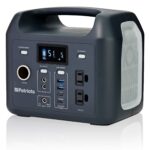A multi fuel generator is a great option if you’re looking for a reliable and powerful generator to meet your energy needs. This type of generator is capable of running on multiple types of fuel, such as diesel, petrol, or even propane, making it a versatile and cost-effective way to generate electricity. With the right setup and maintenance, a multi fuel generator can provide you with a reliable source of power for years to come. In this article, we’ll discuss the advantages of using a multi fuel generator for your generator needs, as well as how to choose the right one for your situation.
Types of Generators
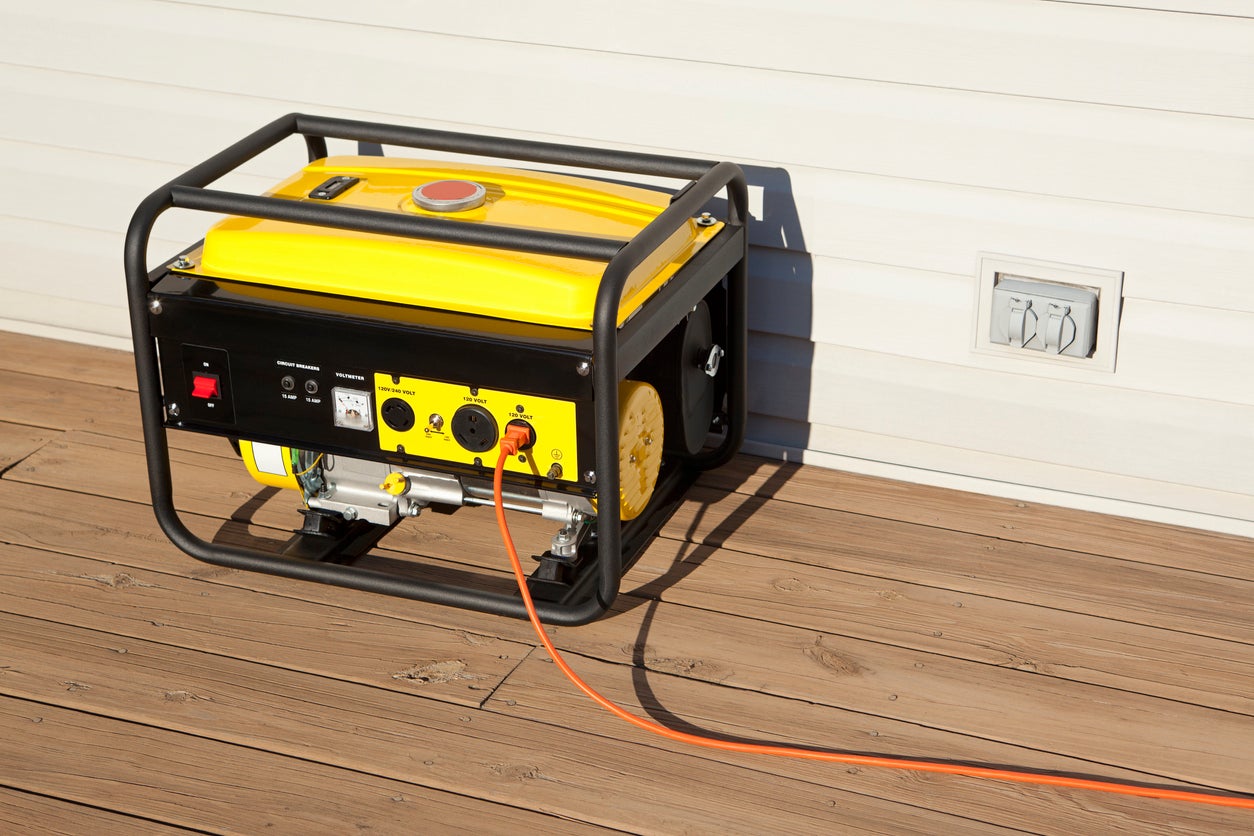
Gasoline Generators
Gasoline generators are the most common type of generator, and are typically the least expensive. They are lightweight and portable and are typically used for short-term, temporary power. They are most suited for light to medium-duty applications such as RV, camping, and home backup.
Diesel Generators
Diesel generators are quite a bit more expensive than gasoline generators, but offer more power and fuel efficiency. Diesel generators are best suited for heavy-duty applications such as powering construction sites, farming, and industrial operations.
Multi Fuel Generators
Multi fuel generators are a popular choice for those who want the convenience of being able to run on multiple fuel sources. They are typically more expensive than gasoline or diesel generators, but offer the flexibility of being able to run on gasoline, diesel, natural gas, and propane. Multi fuel generators are ideal for those who need long-term, steady power and require a dependable, reliable generator that can run on multiple fuel sources.
Benefits of Multi Fuel Generators
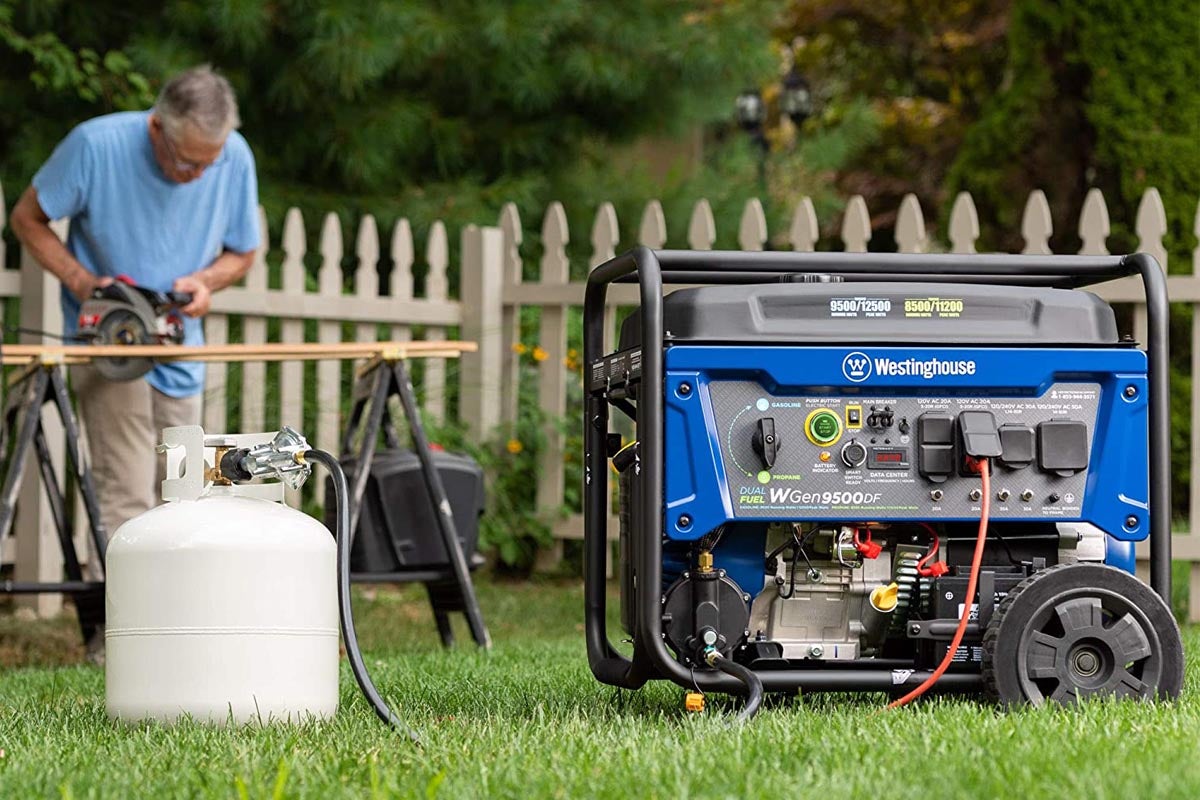
Multi fuel generators are beneficial because they are capable of running on multiple fuel sources. This means that they can be used in any location, regardless of the availability of the fuel sources. Additionally, they are generally smaller and more portable than single-fuel generators, making them easy to transport and store. They are also more reliable since they can use multiple fuel sources, providing users with a backup source in the event of a fuel shortage. Furthermore, multi fuel generators are generally more cost-effective than single-fuel generators since they can use various fuel sources that may be cheaper or more readily available. Finally, they are more efficient since they can use different fuel sources to generate the same amount of power, reducing fuel consumption and emissions.
Advantages of Multi Fuel Generators
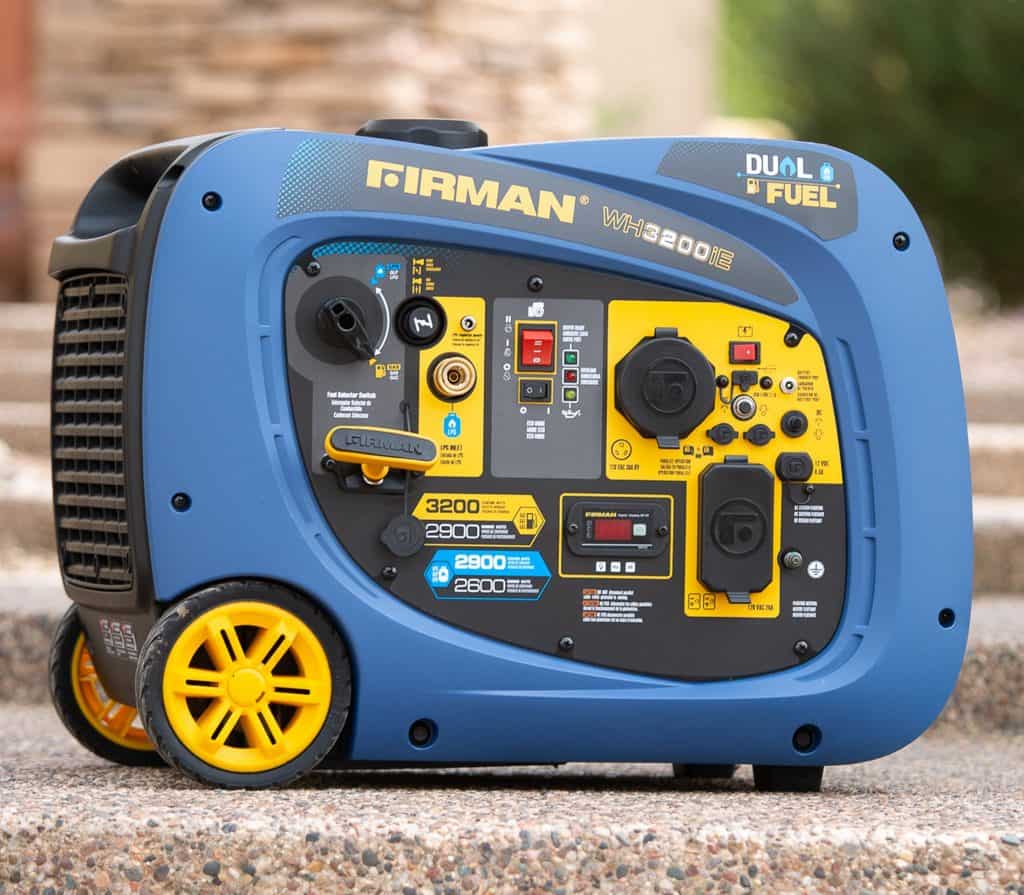
| Advantage | Description |
|---|---|
| Flexibility | Multi fuel generators are designed to be able to run on a variety of fuel sources, such as gasoline, diesel, propane, and natural gas. This allows users the flexibility to switch between fuel sources as needed. |
| Cost Savings | Multi fuel generators can save money because they can be run on cheaper alternative fuel sources. For example, natural gas can be significantly cheaper than gasoline. |
| Safety | Multi fuel generators are safer than single fuel generators because they are designed to contain multiple fuel sources. This means that if one fuel source runs out or is unavailable, the generator can still run on the other fuel sources. |
| Reliability | Multi fuel generators are reliable because they can run on multiple fuel sources. This means that if one fuel source is not available, the generator can still run on the other fuel sources. |
| Portability | Multi fuel generators are typically more portable than single fuel generators because they are designed to be able to run on multiple fuel sources. This means that users can take the generator with them wherever they go. |
Multi fuel generators offer a variety of advantages over single fuel generators, such as flexibility, cost savings, safety, reliability, and portability. With a multi fuel generator, users can switch between fuel sources as needed, saving money and ensuring reliability. Additionally, the portability of multi fuel generators makes them ideal for remote locations.
Disadvantages of Multi Fuel Generators
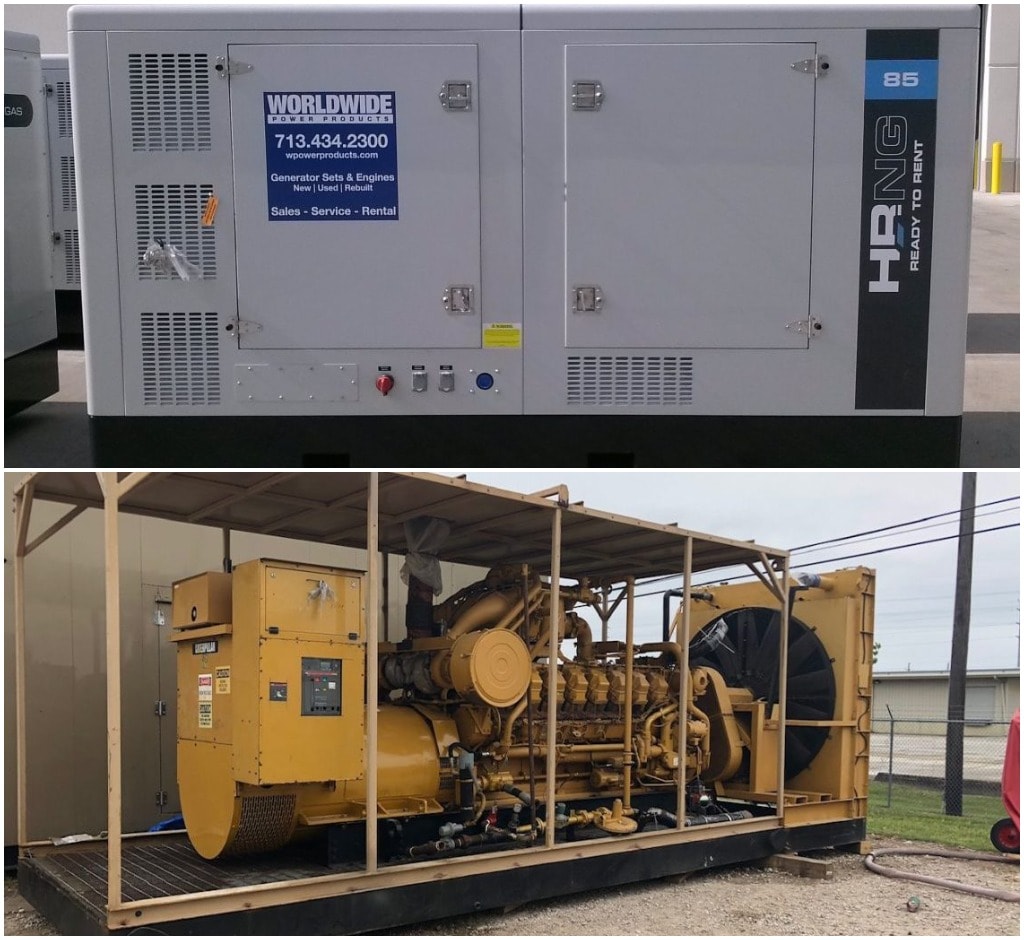
Multi fuel generators are not without their drawbacks. Their ability to use multiple fuels may also increase the complexity of their engines. This can lead to increased maintenance requirements and a greater chance of unexpected breakdowns. Multi fuel generators may also be more expensive than single fuel generators. The additional fuel lines and valves needed to accommodate multiple fuel types means that the cost of manufacture and assembly is often higher.
In addition, the use of multiple fuels requires the purchase of multiple types of fuels, which can be an added expense. Furthermore, multi fuel generators may not be as efficient as single fuel generators. The need to accommodate multiple fuels can mean that the engine is not optimized for a single fuel type, leading to increased fuel consumption and lower efficiency. Finally, the complexity of the engine can make it more difficult to troubleshoot and repair.
Factors to Consider When Buying a Multi Fuel Generator
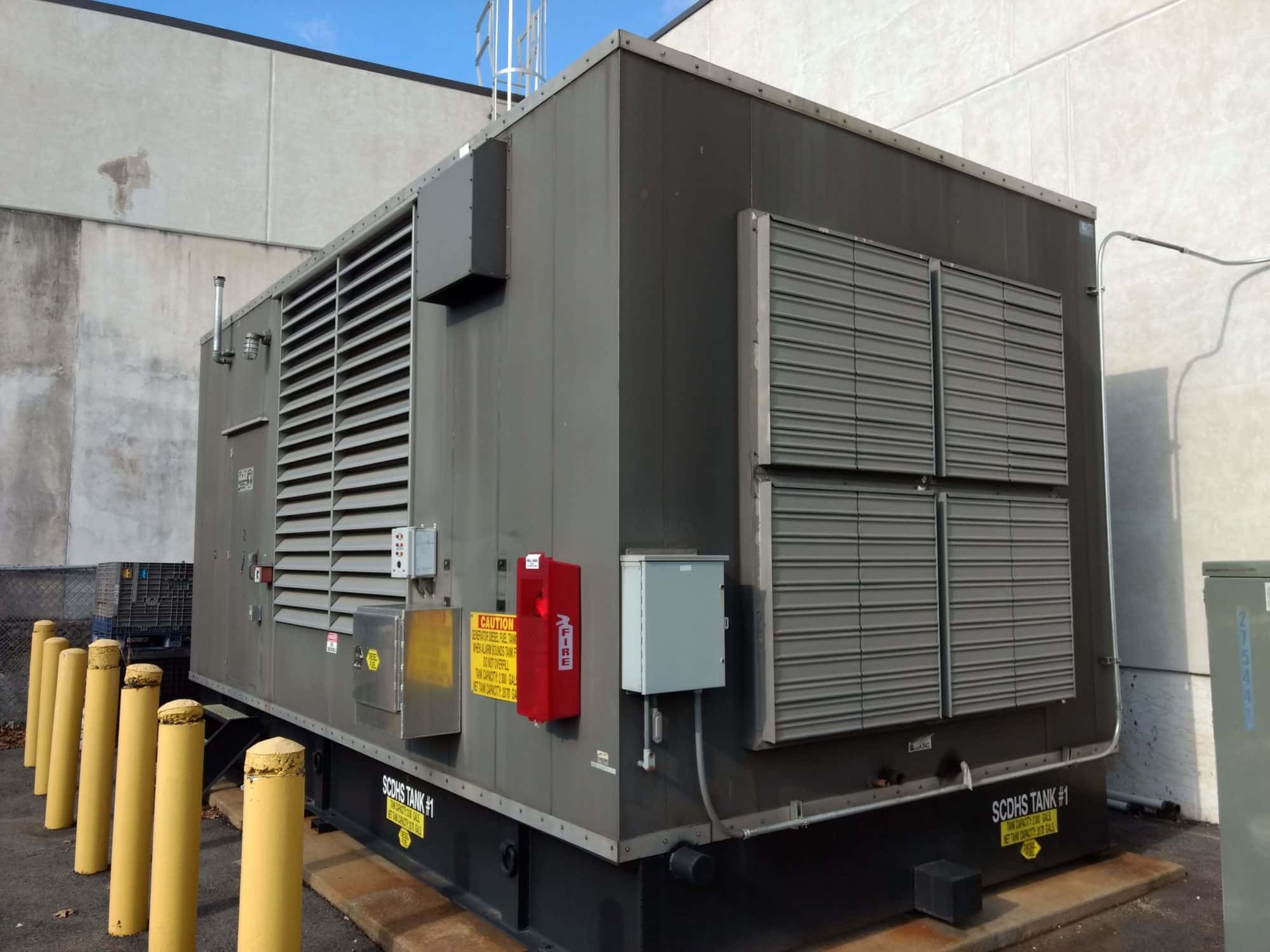
| Factor | Explanation |
|---|---|
| Power Output | The power output of the generator will determine its capacity to run multiple appliances at the same time. Consider the number of electrical devices that need to be powered and choose a generator with a wattage output that meets those needs. |
| Fuel Type | Multi fuel generators are able to run on multiple types of fuel including gasoline, diesel, natural gas and propane. Consider which fuel type is most accessible and cost-effective before purchasing a generator. |
| Noise Level | Noise levels vary greatly between generator models. If the generator will be used in an area with noise restrictions, then choose a model with a lower decibel rating. |
| Portability | Portability should be taken into account when selecting a generator. If the generator needs to be moved often, then choose a model that is lightweight and fitted with wheels for easy relocation. |
| Overall Cost | The overall cost of the generator should be taken into consideration. This includes the initial purchase price, fuel costs, and any maintenance or repairs that might be needed. |
When looking for a multi fuel generator, there is a range of factors to consider. Power output, fuel type, noise level, portability, and overall cost should all be taken into account when making a purchase. Consider the type and number of electrical devices that need to be powered, the availability and cost of different fuel types, and the noise level restrictions of the area. Additionally, the generator should be chosen based on the portability needs and overall cost. Taking all these factors into account will ensure that the best multi fuel generator is purchased.
How to Use a Multi Fuel Generator
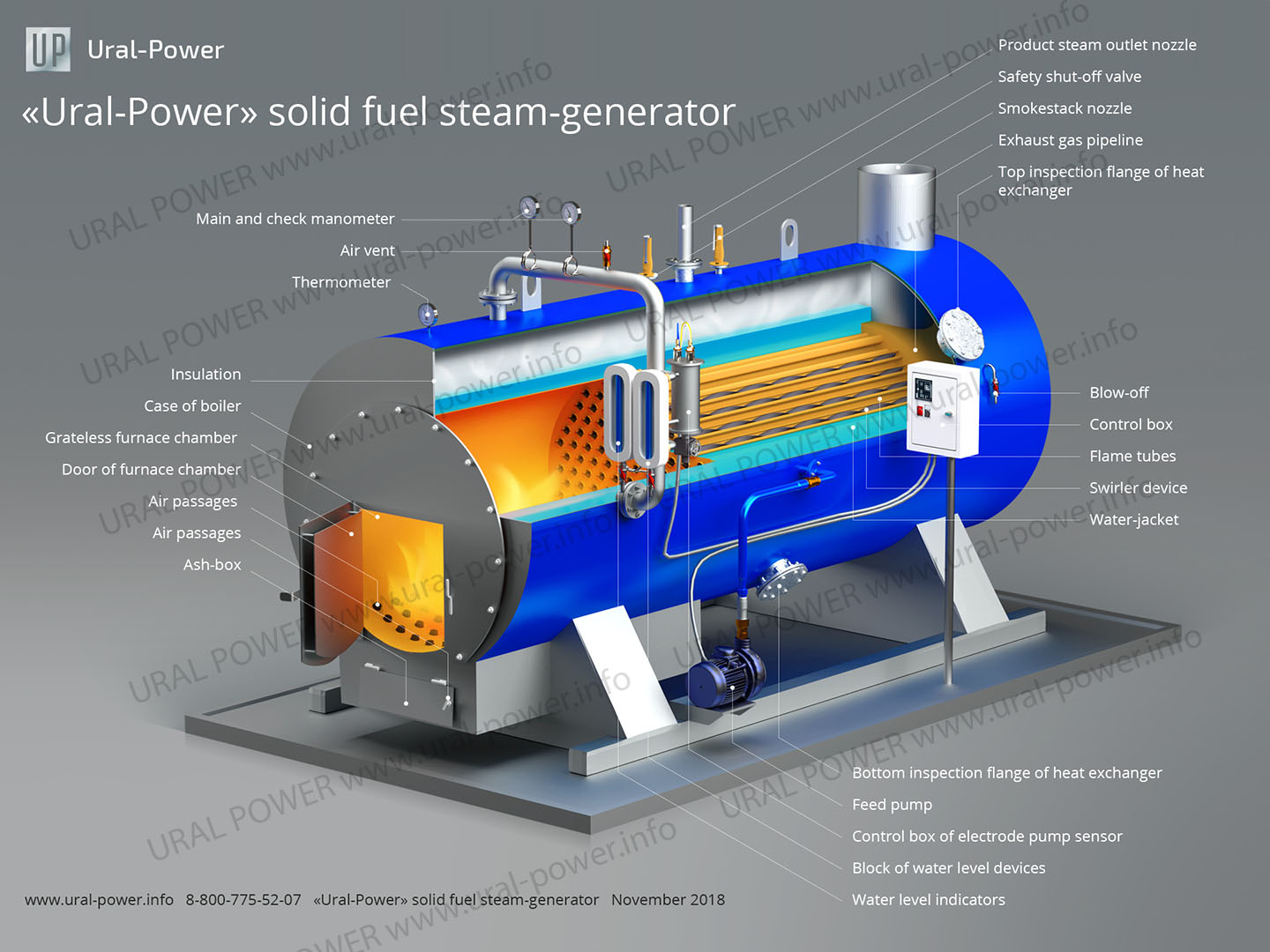
To use a multi fuel generator, first make sure the fuel tank is full and the generator is securely in place. Next, connect the generator to a power source, such as a wall outlet or a car battery. If you are using a car battery, make sure the battery is in good condition and the connections are secure.
Once the connections are in place, it’s time to start the generator. First, make sure the on/off switch is in the off position. Then, turn the fuel valve to the “on” position. Depending on the type of generator, you may need to also turn the ignition switch to the “on” position.
Now that the generator is ready to start, it’s time to crank the engine. Depending on the model, you may need to pull the recoil starter or turn the key switch to start the engine. Once the engine is running, you can adjust the speed and power output, if needed.
Finally, when you are finished using the generator, make sure to turn off the fuel valve and the ignition switch, if applicable. Then, turn off the on/off switch and allow the generator to cool before storing it.
Safety Considerations for Multi Fuel Generators
It is important to consider the safety of multi fuel generators when operating them. Multi fuel generators are usually more powerful than traditional generators and require more safety precautions. Here are some safety considerations to keep in mind when operating a multi fuel generator:
- Fuel Storage: Always store fuel in a safe, dry, and well-ventilated area. Store fuel away from any ignition sources, such as pilot lights and open flames. Do not store fuel in the generator itself.
- Fuel Handling: Always handle fuel with caution and wear gloves and other protective gear when handling fuel. Never fill the fuel tank while the generator is running, and always follow the manufacturer’s instructions for filling the fuel tank.
- Ventilation: Make sure the generator is in a well-ventilated area. Multi fuel generators produce carbon monoxide gas, which can be deadly, so it is important to have good ventilation. Make sure to keep the generator away from any windows or vents.
- Electricity: Multi fuel generators produce electric power and should be handled with caution. Always use a generator that is rated for the voltage and current you will be using. Use heavy-duty extension cords rated for outdoor use. Make sure the cords are in good condition and are not frayed or damaged.
Remember to always read the manufacturer’s instructions and use the generator in a safe manner. If you have any questions, contact the manufacturer or a qualified technician.
Maintenance of Multi Fuel Generators
Multi fuel generators are an efficient and reliable power source for a variety of applications. However, to ensure that the generator remains in optimal condition and continues to operate safely and efficiently, regular maintenance is essential. The following table outlines the recommended maintenance schedule for a multi fuel generator.
| Maintenance Activity | Frequency |
|---|---|
| Check oil level | Monthly |
| Check fuel filter | Monthly |
| Change oil and filter | Every 100 hours of operation |
| Check cooling system | Every 500 hours of operation |
| Check air filter | Every 500 hours of operation |
| Check spark plugs | Every 1,000 hours of operation |
| Check fuel lines | Every 1,000 hours of operation |
| Change fuel filter | Every 1,000 hours of operation |
| Check engine belts | Every 2,000 hours of operation |
| Check generator output | Every 2,000 hours of operation |
In addition to the recommended maintenance schedule, it is also important to regularly inspect the generator for any signs of wear and tear, such as frayed wiring, loose connectors, and cracked or broken parts. If any of these signs are present, it is essential to repair or replace them as soon as possible. It is also important to ensure that the generator is stored in a clean and dry environment, away from hazardous materials and extreme temperatures.
Frequently Asked Questions
What are the benefits of using a multi fuel generator?
Multi fuel generators are beneficial as they provide an efficient, reliable and cost-effective way to power electrical devices. They are extremely versatile and are compatible with different types of fuel, so they can be used in a variety of situations. Multi fuel generators also offer more power than single fuel generators, enabling them to power larger devices. They are also more reliable, as they are less likely to fail due to fuel shortages or other issues. Additionally, multi fuel generators are more energy efficient, meaning they use less fuel, resulting in cost savings. Finally, they are more durable and require less maintenance, resulting in lower maintenance costs.
How do Multi Fuel Portable Generators Work?
Multi fuel portable generators are powered by small internal combustion engines that are capable of running on either gasoline, diesel, or propane. The engine is connected to an alternator which produces electricity from the engine’s mechanical energy. The alternator converts mechanical energy into alternating current (AC) electricity. The AC electricity can then be used to power a variety of devices and appliances. The engine on a multi fuel portable generator is typically adjustable, allowing the user to switch between different types of fuel for different applications.
What Types of Fuel Can a Multi Fuel Generator Use?
Multi fuel generators are designed to run on a variety of fuel sources, including diesel, gasoline, propane, and natural gas. Different models may support different fuel types, so it is important to check the specifications before purchase. Diesel is usually the most efficient fuel for multi fuel generators, but gasoline and natural gas are often more accessible. Propane is a great option for backup power in case of an outage, as it is easy to store and can be used with minimal setup.
What are the Safety Precautions to Consider When Using a Multi Fuel Generator?
Ensure the generator is outdoors in a well-ventilated area and away from windows, doors, and vents. Make sure the generator is placed on a dry, level surface. Ensure the generator is properly grounded and a GFCI protected outlet is used. Wear protective gear such as gloves, goggles, and a face mask when refueling. Connect the generator to your home or business using a transfer switch. Don’t overload the generator. Turn off the generator and allow it to cool down before refueling. Have the generator inspected annually.
How do you maintain a Multi Fuel Generator?
To maintain a multi fuel generator, it is important to keep the generator clean and free of debris. Ensure that all fuel lines and connections are secure and free of leaks. Regularly check hoses and belts for signs of wear and tear. Regularly inspect the fuel tank for buildup of dirt or debris. Change the oil and filters on a regular basis to ensure the engine runs efficiently. Check the spark plugs and air filters regularly and replace them if necessary. Check the battery connections and terminals to prevent electrical problems. Finally, always follow the manufacturer’s instructions for maintenance and repair.
Conclusion
A multi fuel generator offers versatility and convenience that a standard generator cannot provide. With a multi fuel generator, you can use different fuel sources to power your generator, reducing your reliance on one fuel source and giving you the flexibility to choose the fuel source that is most readily available or the most cost effective. Additionally, a multi fuel generator is often more affordable than a standard generator, making it a great option for those looking for a cost-effective generator solution.

